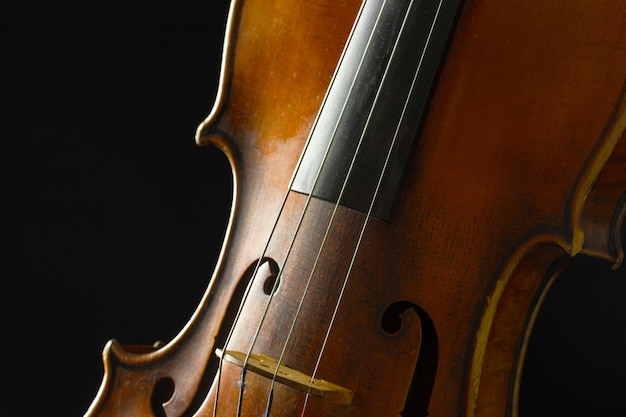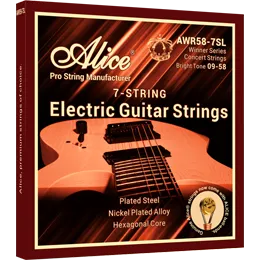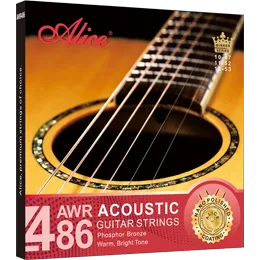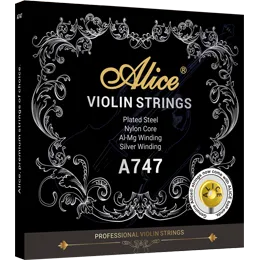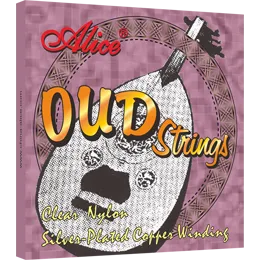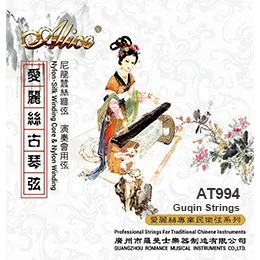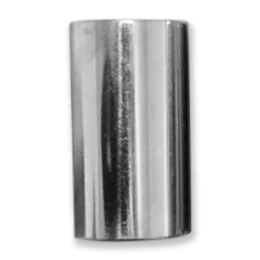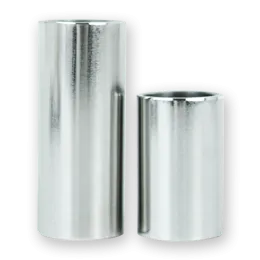Is High-Tension Guitar String Bad for the Classical Guitar?
The classical guitar, with its rich, resonant tones and intricate playing techniques, is a true testament to the artistry of stringed instruments. At the heart of this artistry lies the string tension, a factor that significantly influences the guitar's performance, feel, and longevity.
Classical guitar’s string tension is the force of the strings when they are stretched across the guitar's neck and bridge. It's a delicate balance that can make or break your playing experience.
High-tension strings, in particular, are a topic of much debate among classical guitarists. This article will pore over the nuances of high-tension strings and their impact on the classical guitar. Let’s begin!

The Impact of High-Tension Nylon Guitar Strings on a Classical Guitar
1. Guitar Structure
The first point of concern when it comes to high-tension strings is the guitar's structure itself. This is a significant consideration, as it directly affects the guitar's playability and sound quality.
Modern classical guitars are designed and built to handle the increased tension of high-tension strings. They typically have reinforced necks with truss rods to counteract the additional string tension.
However, older or vintage classical guitars may not be able to withstand the added stress of high-tension nylon guitar strings over an extended period, potentially causing issues like neck bowing or bellying of the top.
2. Tone
High-tension strings are known for their bright, clear tone. However, on a classical guitar, which typically favors a warm, mellow sound, this can sometimes be a double-edged sword. While some players may appreciate the added clarity, others might find it strays from the traditional classical guitar tone.
3. Volume
One of the benefits of high-tension strings is their increased volume. This can be advantageous in certain playing situations, such as ensembles or amplified performances. However, it's essential to consider whether this increase in volume is desirable for the classical guitar's intended use.
4. Playing Techniques
The classical guitar's repertoire is vast and varied, with techniques ranging from delicate fingerpicking to vigorous strumming. High-tension strings can make certain techniques more challenging, requiring more force to achieve the desired sound. This can be particularly problematic for beginners or those with a lighter playing style.
5. Plucking Strength
Finally, we come to the physical aspect. High-tension strings require more strength to pluck, which can lead to burning pain in the fingers and wrists over time. This is a significant concern for players who practice extensively or have pre-existing conditions that affect their hand strength.
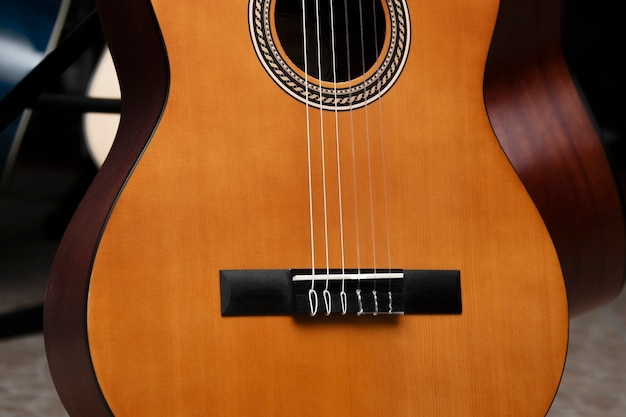
How To Ease the Damage of Classical Guitar String’s Tension
Here are a few steps to mitigate the potential damage of high-tension strings:
Regular Maintenance
Ensure that the guitar is properly maintained, including checking for any signs of structural issues such as cracks or warping. Keep the instrument clean and hydrated to prevent excessive drying out of the wood, which can be exacerbated by the increased tension of the strings.
Truss Rod Adjustments
Periodically adjust the truss rod to accommodate the higher tension of the strings. This adjustment can help maintain the proper neck relief, ensuring optimal playability and minimizing the risk of structural damage to the guitar.
String Alignment
Pay attention to the alignment of the strings on the guitar's bridge and nut. Improper alignment can cause uneven tension distribution, leading to intonation problems and potential damage to the guitar over time. Make necessary adjustments to ensure that the strings sit correctly in their respective slots.
Guitar Setup
Consider consulting with a professional luthier to optimize the guitar setup for high-tension strings. They can assess the instrument's condition and make any necessary adjustments to ensure that the classical guitar can handle the increased tension without compromising playability or tone quality.
Use High-Quality Strings
Invest in high-quality strings specifically designed for use with classical guitars. These strings are engineered to withstand higher tension levels while delivering optimal tone and playability. Brands like Alice, which offer strings tailored for classical guitarists, can be a reliable choice.

Protecting Your Fingers and Wrists from Hurts Caused by High-Tension Strings
To protect your fingers and wrists when playing high-tension strings, consider using finger picks or calluses guards. These can help distribute the force of plucking more evenly across the fingers, reducing the risk of injury.
Other ergonomic accessories such as padded fingerpicks, finger sleeves, or wrist supports may also help, providing additional comfort and support while playing. These little gadgets can help distribute pressure more evenly and reduce strain on your fingers and wrists.
Incorporate warm-up exercises into your practice routine to prepare your fingers and hands for playing with high-tension strings. The purpose of this step is to minimize the likelihood of strain or injury by progressively developing the strength and flexibility of the muscles utilized during guitar playing.
Focus on developing proper playing techniques to minimize strain on the fingers, wrists, and hands. This includes maintaining a relaxed posture, using efficient finger movements, and avoiding excessive force when plucking the strings. Taking regular breaks during practice sessions can also help prevent overuse injuries.
Alice Classical Guitar String Set AWR19T
As mentioned before, a high-quality classical guitar string set will save your cracking guitar bridge and painful fingers. For classical guitar enthusiasts seeking top-tier tone and performance, the AWR19T Classical Guitar String Set comes highly recommended.
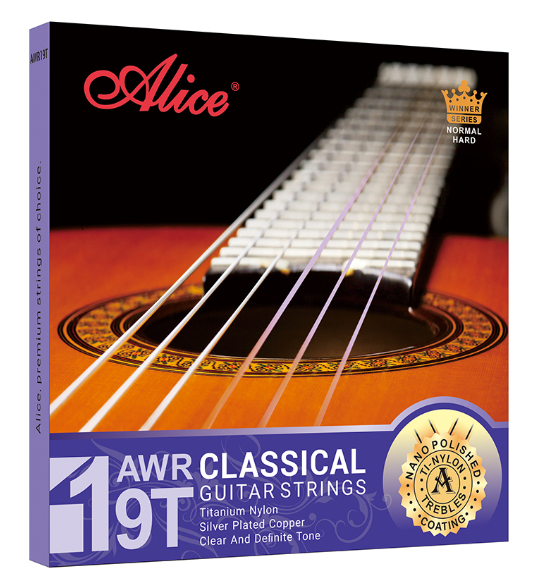
Precision-crafted with innovative materials, these strings offer a unique composition that enhances the musical expression of classical guitars. Featuring trebles crafted from light titanium nylon, they produce a bright, clear sound with a distinctive grainy feel.
The basses, made of silver-plated copper winding, deliver a pure, stable sound with deep, rich tones and exceptional penetrating power. This impeccable blend of materials elevates both the delicacy of musical expression and the ability of performers to deliver profoundly touching performances.
Additionally, the nano-polished coating ensures outstanding durability and long-lasting sound quality, catering to various playing styles and repertoire.
With options available for both hard and normal tension preferences, the AWR19T set offers optimal gauge choices to suit every player's needs. Experience the pinnacle of classical guitar performance with the AWR19T Classical Guitar String Set.
Conclusion
In conclusion, while high-tension strings can present some challenges for the classical guitar, they also offer unique benefits. By understanding the effects of high-tension strings and taking the necessary precautions, you can enjoy the bright, vibrant sound they provide while still protecting your instrument and your hands. So, go ahead and experiment with different Alice strings to find the perfect balance for your playing style. Happy strumming!
Relate News

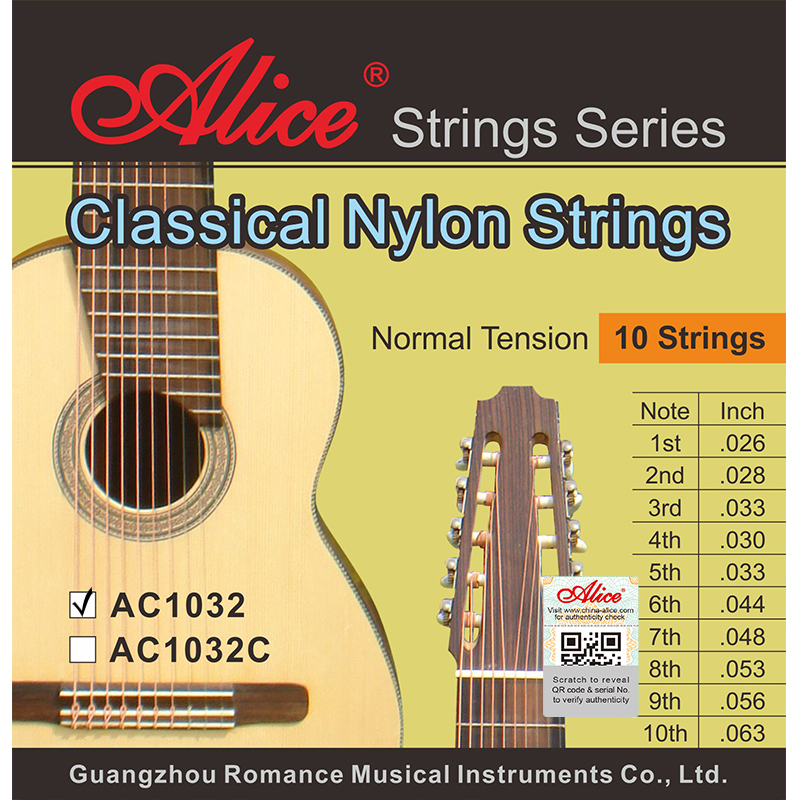
Nylon Strings for Classical Guitars: Everything You Need to Know

5 Key Indicators to Identify High-Quality Acoustic Guitar Strings
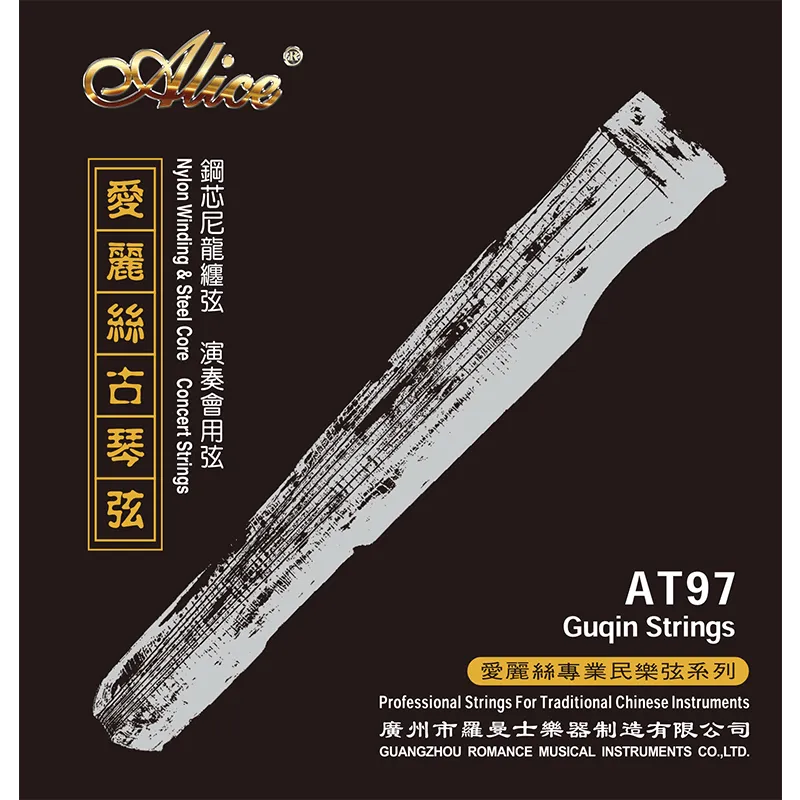
What Are Guqin Strings Made Of?
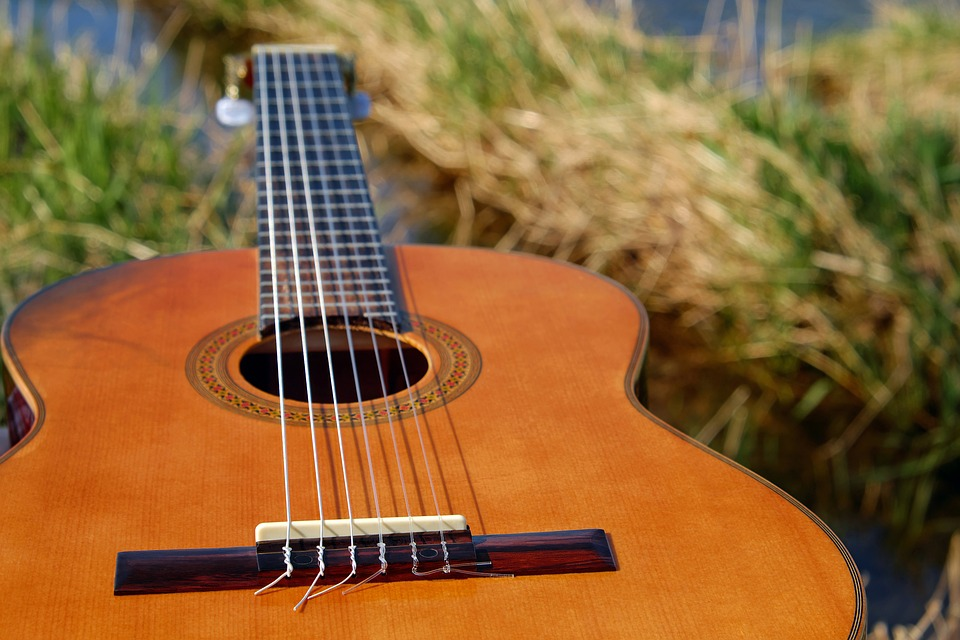
Silk Strings, Steel Strings, and Nylon Strings: Which Is Best for Your Traditional Music Performance?
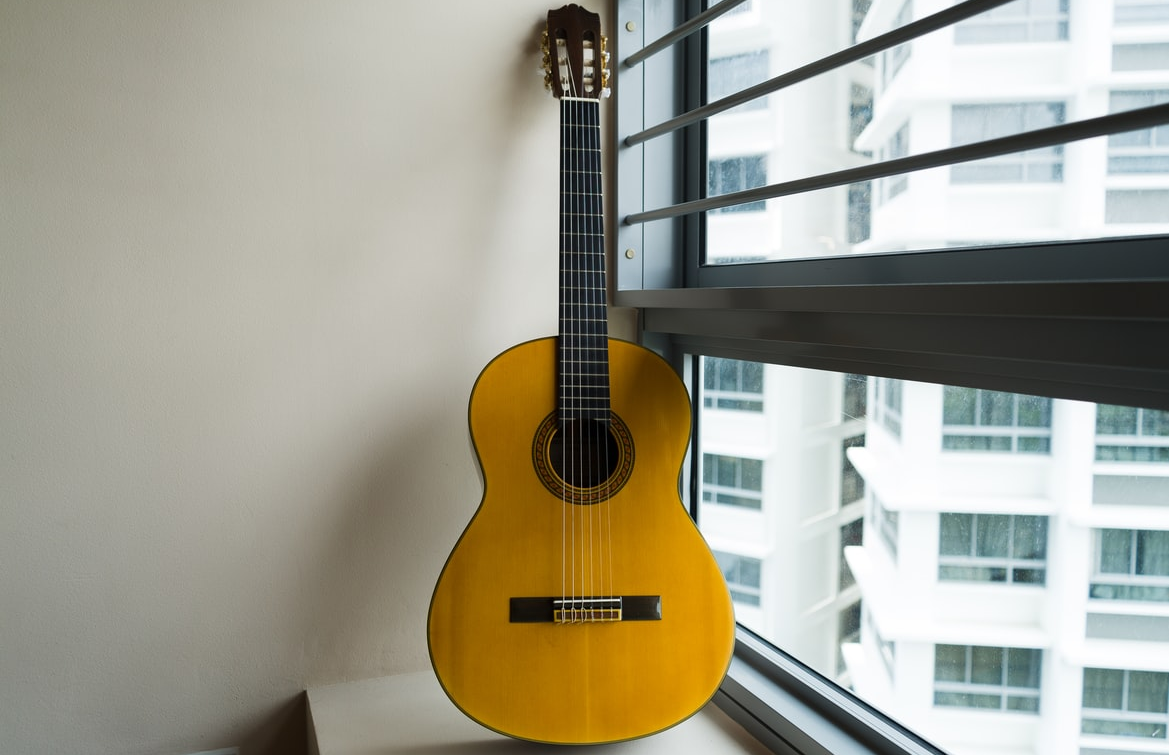
Complete Guide to Guitar String Materials

Orchestral Strings Explained: A Beginner-Friendly Guide to Violin, Viola, Cello, and Double Bass

Tone Comparison of Brass Alloy, Phosphor Bronze, and Coated Guitar Strings

How to Choose the Right Guitar Strings for Your Performance: A Scenario-Based Buying Guide

OEM Guitar String Customization: A Detailed Guide to the Process
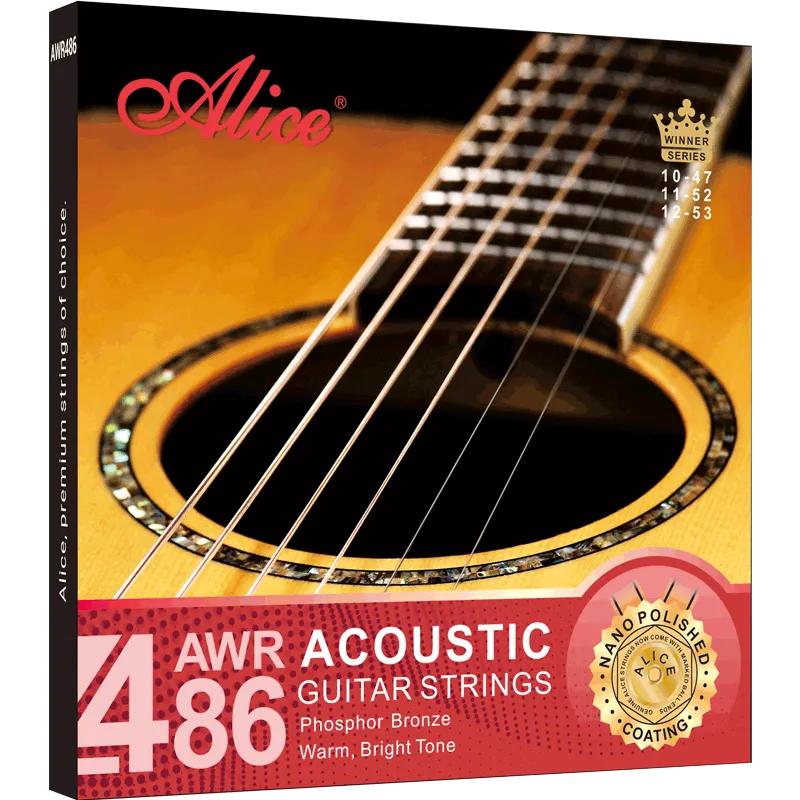
Copper Alloy vs Phosphor Bronze: Which Acoustic Guitar Strings Suit You Best?
